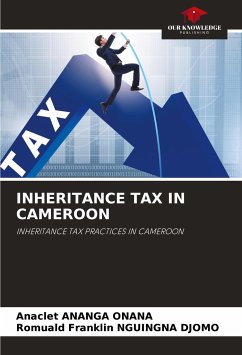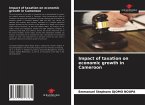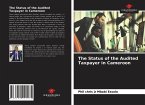The death of a loved one is a painful ordeal. In Cameroon, the pain is all the greater if the deceased owned a certain amount of property, which he used to provide for his family. Once the funeral is over, the problem arises of what to do with the assets left by the deceased. There are two possible scenarios: - In the first scenario, the deceased may have decided during his lifetime on the devolution of his assets, notably through a will; - In the second scenario, he may have made no provision. In both cases, the law lays down the rules for inheriting property left by a deceased person. All deaths must be declared and registered. The transfer of property after death must be legal. This transmission constitutes a transfer by death, also known as devolution of an estate. All transfers must be registered with the tax authorities. Some families find themselves obliged to make up for this omission, and are subject to tax reassessments.
Bitte wählen Sie Ihr Anliegen aus.
Rechnungen
Retourenschein anfordern
Bestellstatus
Storno









